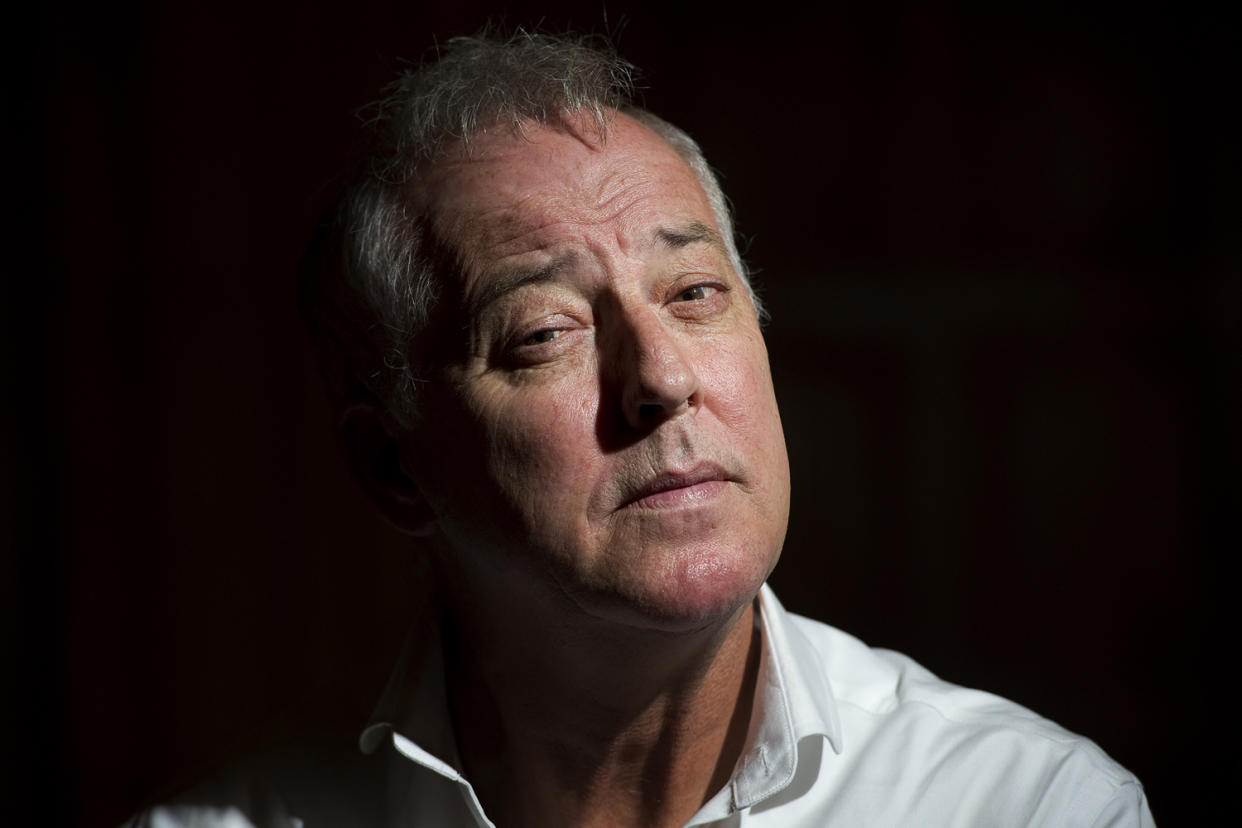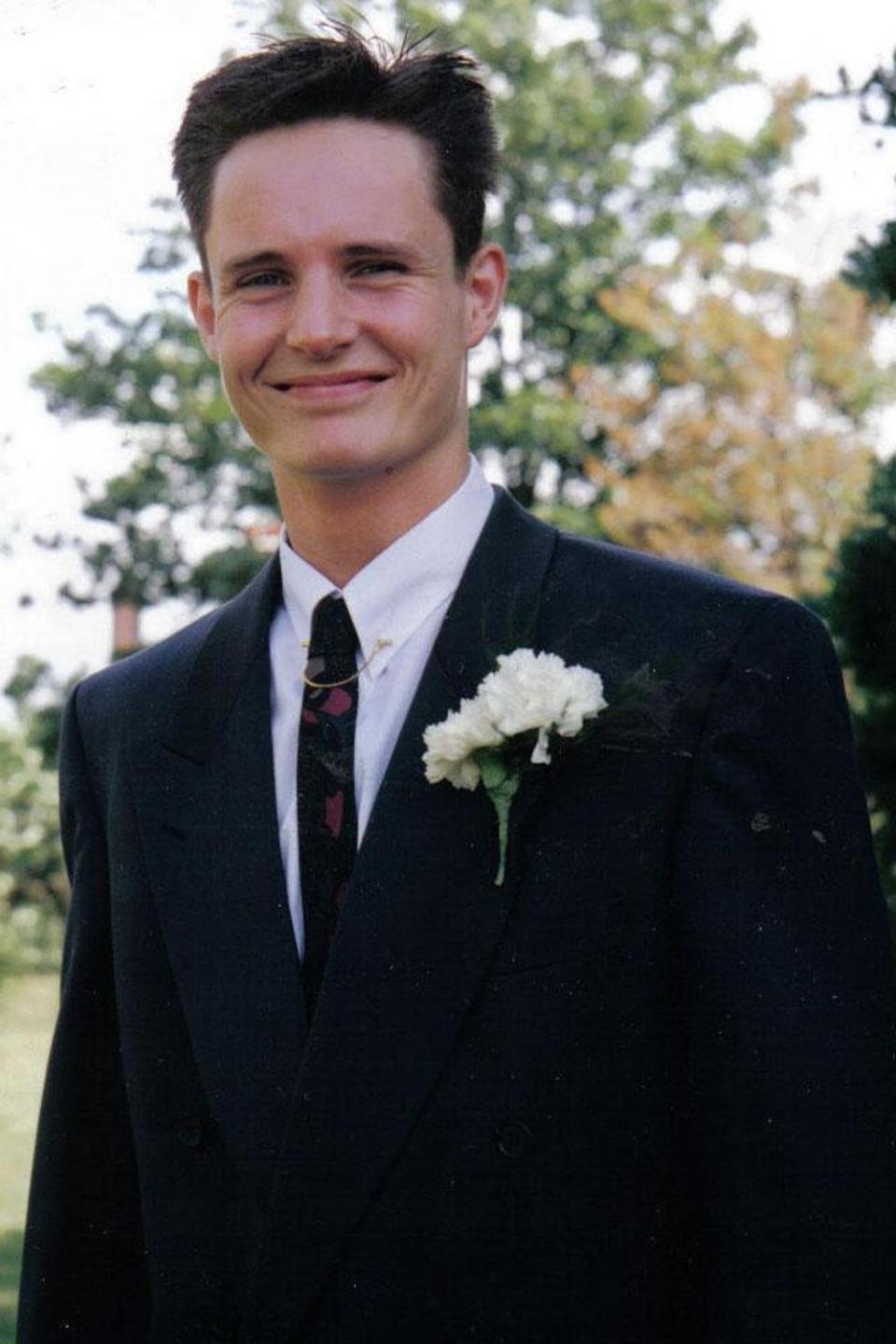Michael Barrymore could receive a 'substantial payout' from Essex Police over murder arrest, High Court hears

Michael Barrymore could get a substantial damages payout from police over a wrongful arrest which destroyed his career, the High Court heard.
Mr Barrymore, 65, was arrested and held by Essex Police in June 2007 on suspicion of the rape and murder of 31-year-old Stuart Lubbock, who was found in the swimming pool at his Roydon home six years earlier.
The police force has now admitted the arrest was unlawful, as the arresting officer did not have reasonable grounds to suspect that Mr Barrymore was guilty.
But, it has been argued that the comedian and TV presenter could have been lawfully arrested by another officer and that, as a result, he is only entitled to nominal damages.
Mr Barrymore's claim, including aggravated and exemplary damages, is in excess of £2.4 million.

He attended London’s High Court on Monday when his counsel Hugh Tomlinson QC, said that he had "great sympathy" for Mr Lubbock's family and had always made it clear he would do whatever he could to assist them find out what happened.
"He has also made it clear he did not kill or assault Mr Lubbock.
"Although he was arrested, he was never charged with any offence and the Crown Prosecution Service (CPS) subsequently made it crystal clear there was no basis for any charges.
"Our case is that when speculation, rumour and conjecture are put to one side, it is clear there is no evidence against the claimant in relation to any offence concerning Mr Lubbock."
Mr Tomlinson told Mr Justice Stuart-Smith that Mr Barrymore remained convinced that Mr Lubbock's injuries were not caused at his home but he did not know what happened.
He added: "This arrest was made without any proper evidential foundation.
"However, the fact that it had happened, and the worldwide publicity it received, destroyed the claimant's career."
Mr Tomlinson said that Mr Barrymore was entitled to substantial damages for false imprisonment.
Mr Barrymore is not due to give evidence during the five-day hearing, which is concerned with the issue of whether the damages should be substantial but will not fix a figure.
The hearing continues.

 Yahoo News
Yahoo News 
